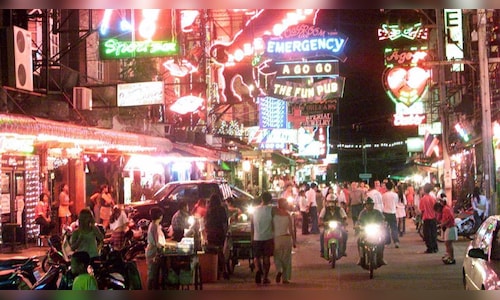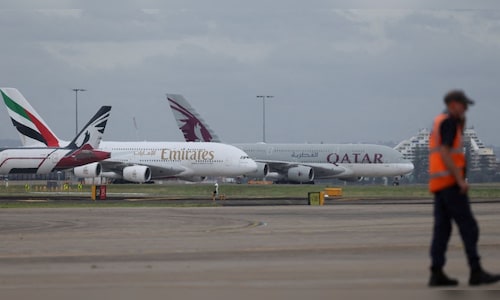Tourism contributes around 20% to Thailand’s gross domestic product (GDP), a significant share, yet it is eclipsed by other sectors in terms of overall impact. The country’s economy is underpinned by agriculture, manufacturing, and exports, painting a diverse potrait far beyond the stereotypes often associated with it.
Thailand remains the world’s top exporter of jasmine rice, a product that finds its way to dinner tables worldwide. Nearly a third of the population depends on agriculture for their livelihood, producing rubber, maize, seafood, and a range of tropical fruits. Seafood, particularly shrimp, squid, and various fish are a key component of the country’s rural economy and a major contributor to export earnings.
Also read | Spain unveils digital nomad visa for ₹8,000: Here’s how Indian passport holders can apply
The country has earned the nickname ‘Detroit of Asia’ for its thriving automotive sector. Global giants like Toyota, Honda, Ford, and Isuzu operate large manufacturing plants across Thailand. These facilities are not limited to assembly; Thailand is a major exporter of complete vehicles. Alongside automobiles, the nation’s industrial output includes electronics, computer hardware, and textiles, which help fuel both domestic growth and international trade.
Exports remain the backbone of economic activity, accounting for roughly 60% of the country’s output. Thailand exports a wide array of goods, from farm products to complex machinery and electronics. Its main trade partners include China, Japan, the US, and the European Union.
Also read | Seven most colourful cities in the world that you should visit at least once
Although tourism plays a vital role. In 2024, around 35 million international visitors brought in an estimated US$48 billion in revenue. Within this sector, medical tourism gained prominence, with international patients seeking cost-effective and high-quality care in Thai hospitals. Growth of this niche has diversified the tourism sector and enhanced Thailand’s reputation as a healthcare destination.
Thailand is hub for foreign direct investment, benefiting from a relatively stable political environment and investor-friendly regulations. Companies from Japan, China, and the US are increasing their stake in Thai manufacturing and services. Meanwhile, natural resources such as tin, tungsten, and natural gas continue to support industrial expansion.
Despite persistent international perceptions that reduce Thailand’s economy to its tourism sector, often accompanied by clichéd images of massage parlours and neon-lit streets — the country’s economic identity is far richer, which include rice paddies and car factories.






